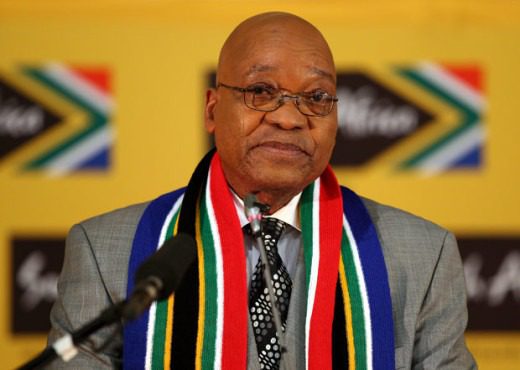Life And People
Bola Ahmed Tinubu: From Drug Lord To Presidential Candidate -By David Hundeyin
A major political opponent of the accountant would end up strangled to death in his bedroom 10 months to an election which his chosen candidate would go on to win. Said opponent’s son would subsequently be offered a cushy job working for that candidate. He would accept the offer… If you’re already struggling to follow this unlikely sequence of events, don’t worry, it gets worse.
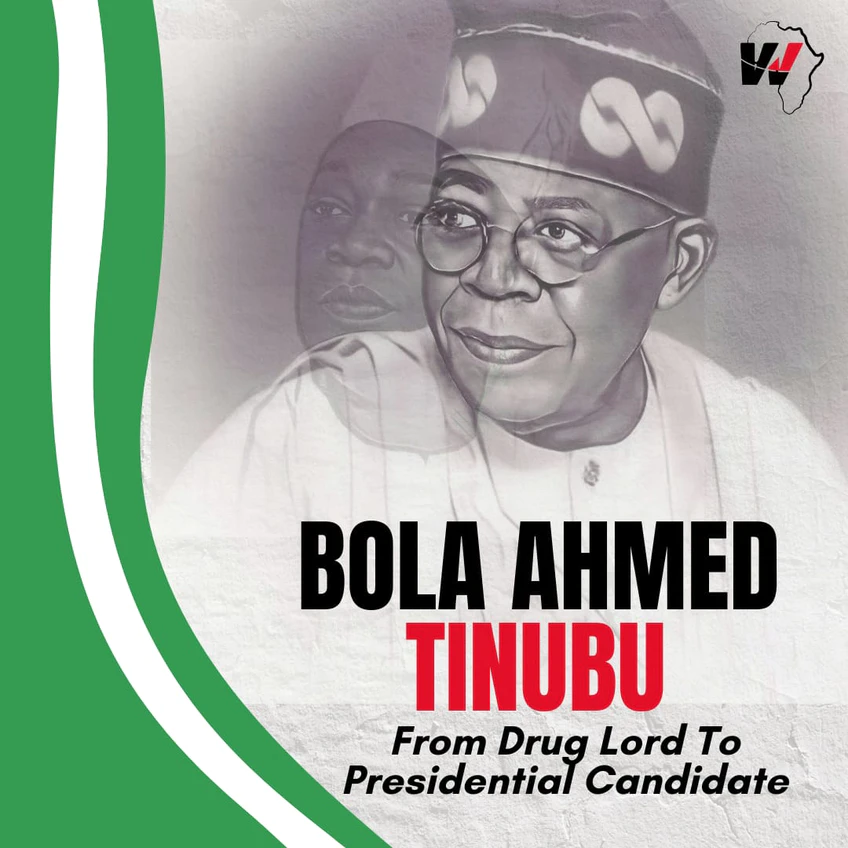
“The 1990s were a crazy time.”
– John Kelly, White House chief of staff 2017 – 2019
On October 11, 1990, federal agents from the US Drug Enforcement Administration (DEA) knocked on the front door of 460, Taft Place in the city of Gary, Indiana. Once a booming steel town with a population approaching 180,000 in 1960, Gary was one of number of cities and towns across the US suffering from severe population loss, among other adverse effects of overseas competition on their mainstay industries. From having over 30,000 employees at its peak in 1970, the city’s main employer U.S. Steel Gary Works retained just 6,000 employees in 1990.
In these circumstances, this city and its 77 percent African-American population were witnessing explosive growth in one of the few industries guaranteed to boom in response to such difficult circumstances. 42 year-old Lee Andrew Edwards was one of the entrepreneurs who had found a place in the heroin trade, and by all accounts he had done well for himself. With the proceeds from his illegal business, he had bought 2 residential homes including 460, Taft Place, an apartment building, a liquor store and a new car – all paid for with cash.
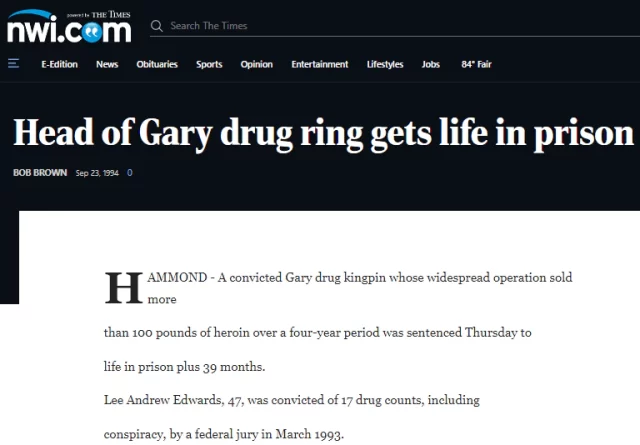
According to court records from the United States Court of Appeals, Seventh Circuit, the DEA agents arrived at the property to execute a search warrant after a 7-month FBI investigation involving Edwards’s brother Jimmie, implicated him as the narcotics kingpin of Gary. Edwards did not open the door for the agents, who were forced to break into the house. He instead fired 3 gunshots at them, after which he surrendered.
DEA agents found weapons including a carbine rifle, thousands of dollars in cash, drug prepping equipment including a triple-beam scale, and several grams of cocaine and heroin powder in the house. He was later sentenced to life in prison, but not before something about his business operation came to the fore.
Two Drug Dealers And An Accountant: A Partnership Begins
Federal investigators had determined that Edwards’s heroin supply came from a Nigerian drug dealer in Chicago called Abiodun Agbele. Abiodun had earlier agreed to work for the feds in exchange for lighter sentencing, and as part of the plea deal, he revealed everything he knew about the heroin trade in Chicago.
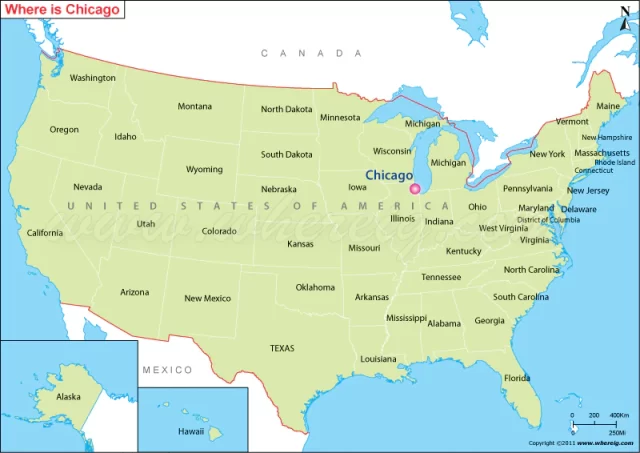
Located at the junction of 4 states with combined population exceeding 27 million at the time, Chicago was a key trafficking hub in the American heroin trade. And as it turned out, the wholesale trade of an especially potent form of heroin from Southeast Asia (SEA) in 1990s Chicago was controlled by Nigerian criminal gangs.
The following excerpt is taken from the January 2001 Illinois Drug Threat Assessment published by the US Justice Department’s National Drug Intelligence Centre:
“Nigerian criminal groups are responsible for wholesale distribution of most of the SEA heroin shipped into Chicago. SEA heroin, which is 80-90 percent pure, is being sold between Nigerian traffickers for $80,000-$110,000 per kilogram. Wholesalers in Chicago usually sell heroin without cutting it to minimize their handling of the product and their exposure to law enforcement.”
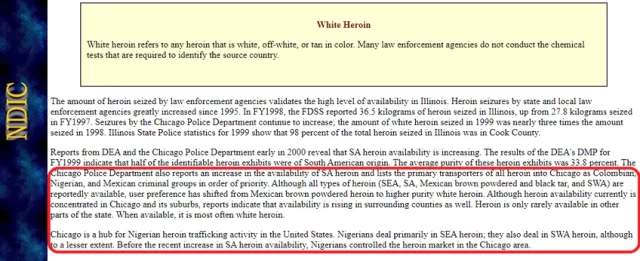
Agbele himself was no criminal mastermind however. As he testified under oath, that honour belonged to a man who went by the name of Adegboyega Mueez Akande, who was apparently his uncle. Shortly after Agbele’s arrival in the US, Akande had taken him under his wing and showed him the ropes of wholesale heroin trafficking. When Akande returned to Nigeria in mid-1990, Agbele was left in charge of selling regular heroin shipments from Nigeria to Lee Edwards and delivering the profits to his uncle.
In the meantime, the Nigerian-led heroin trade Chicago fed an addiction epidemic that became so bad that it changed local health and law enforcement practises. For the first time, providing addicts with free access to safe syringes and needles to ensure that they did not share them and possibly spread HIV became a core focus of public health policy. In other words, SEA heroin from Nigeria was so potent and addictive that public health policy in Chicago shifted away from trying to make heroin addicts stop using altogether, and merely ensuring that they used “safely.”
One notable organisation that did such outreach work with heroin addicts was the Chicago Recovery Alliance (CRA). I reached out to its current executive director John Werning to get a sense of how the heroin epidemic changed law enforcement practises from the 1990s to date in Chicago. His comments were predictably grim:
“Heroin of course, has consequences, right? But I think we would probably say that the the more major impact is the draconian laws around how heroin was policed. I think that it’s pretty well established that there was a very specific targeting of folks who use drugs generally, but also heroin in particular, and it was mostly targeted towards the policing of black and brown communities.
That’s not specific to Chicago. I think that’s across the nation. But just in general, I think [there was a] lack of compassion by government entities to give people access to the treatment that they need, or nonviolent drug possession and mandatory minimum sentencing. I mean, there’s a ton of different aspects of this that absolutely eviscerated populations, particularly marginalised populations in Chicago, and that’s probably the advocates view on this.
Now, whether or not that that can be translated into a comment about the international drug trade, and specifically from, you said, Nigeria, I just don’t know, but that’s definitely more like domestic politics than international.”
While all of this was going on, an interesting sub-plot was taking place in the background. An accountant living in the Chicago area who worked for Mobil Oil Nigeria with a declared monthly income of $2,400 had just deposited over $1.4 million in the bank. He had no known source of income apart from his day job, but he had become friends with Akande and Agbele, discovering one key piece of information in the process – drug dealers need accountants too.
Soon he would find himself holding and wiring money on behalf of a Nigerian heroin gang in Chicago. Fast forward a bit to January 1992 and he would find himself the subject of a US federal investigation.
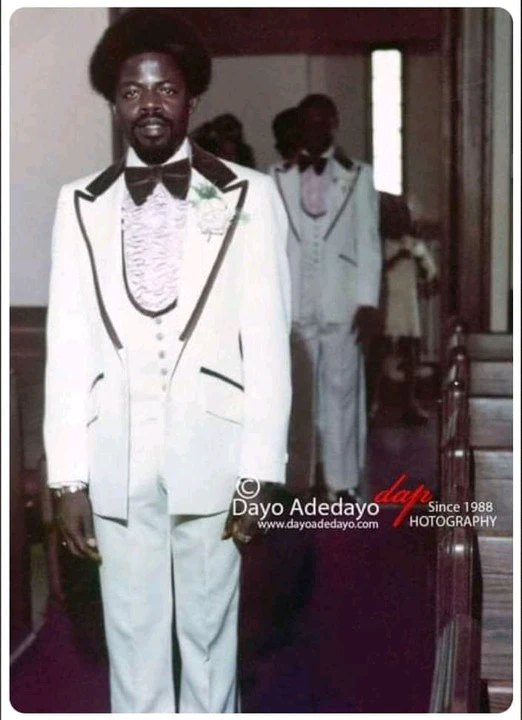
Fast forward a bit further in the same year and he would successfully run for office in Nigeria as a senator for Lagos West. Then another politician said to have ties to international drug trafficking would successfully run for president in Nigeria on a controversial all-Muslim ticket in 1993.
The election would be annulled, the politician jailed, and ultimately another Nigerian military coup would take place in 1994. The accountant would find himself exiled and working with the National Democratic Coalition (NADECO) to unseat a kleptocrat military dictator. Then the dictator would unexpectedly drop dead one day in 1998, followed in quick succession by the jailed politician with the alleged drug links.

The accountant would return a hero, and successfully run for governor of Lagos in 1999. The kleptocrat dictator’s bagman who helped launder over $4 billion would become the accountant’s new bestie, as an erstwhile Chicago drug gang’s “loader” would start his new lifetime mission of capturing Africa’s largest subnational economy and turning it into his personal “aza.”
A major political opponent of the accountant would end up strangled to death in his bedroom 10 months to an election which his chosen candidate would go on to win. Said opponent’s son would subsequently be offered a cushy job working for that candidate. He would accept the offer… If you’re already struggling to follow this unlikely sequence of events, don’t worry, it gets worse.
“The 1990s were a crazy time.”
For full story: West Africa Weekly















